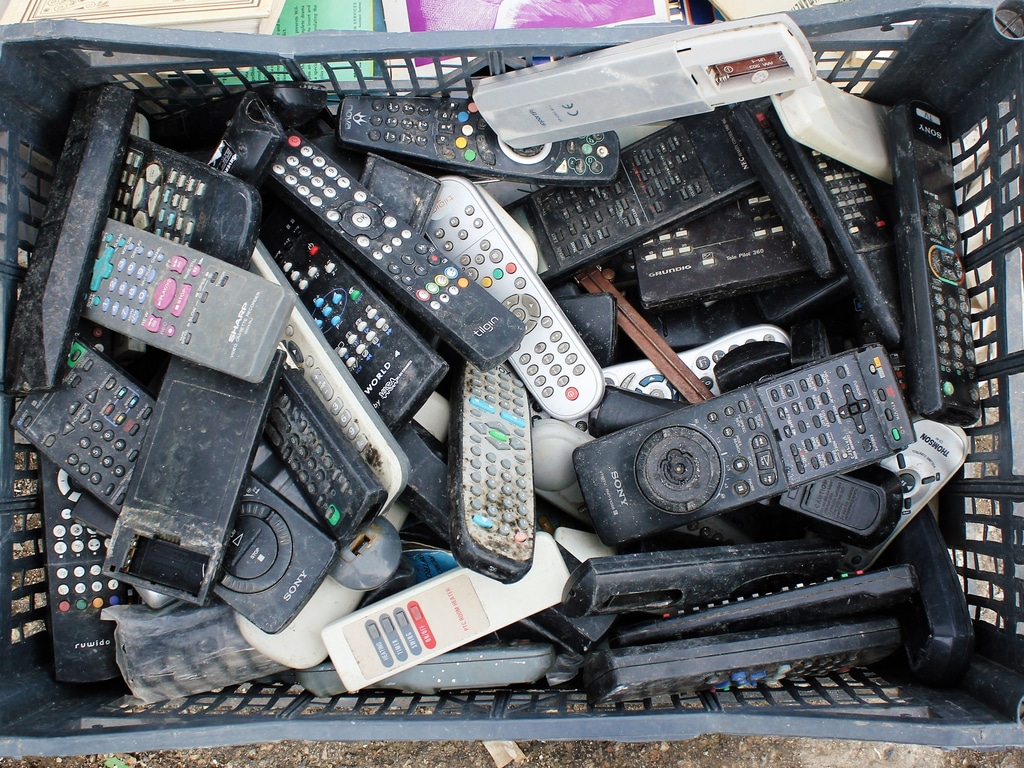Satellite TV service provider MultiChoice is looking to reduce its environmental impact through the sustainable management of its electronic waste in Africa. Its Namibian subsidiary recently signed a partnership with NamiGreen. The company based in the Namibian capital Windhoek will recycle MultiChoice’s e-waste. “This includes their DStv and GOtv boxes and other electronic devices, such as phones, gadgets, etc.,” says NamiGreen.
Read Also –
On August 13th, 2021, the two companies set up 17 e-waste collection points in Namibia. “Bins will also be present at all our branches in Eros, Katutura, Ongwediva and Swakopmund. At least 13 officers will be deployed across the country to oversee the collection process of our e-waste,” says Roger Gertze, Managing Director of MultiChoice Namibia.
MultiChoice is well aware of the dangers that e-waste poses to human health and the environment. The company now wants to reduce the disposal of its waste in landfills. According to the World Health Organisation (WHO), e-waste contains many toxic substances such as heavy metals, including lead, arsenic and mercury.
Read Also – AFRICA: the circular economy at the heart of ecosystem preservation
The MultiChoice initiative is in line with other initiatives in Namibia to reduce environmental pollution. NamiGreen, which has adhered to the ISO 14000 series of environmental management systems recycled approximately 135,220 kg of e-waste in 2020, 26% more than in 2019 (28,226 kg). “Many citizens and organisations, both private and public, literally have garages, rooms, hallways and even containers filled with the remains of electronic devices, computers and IT equipment,” says Per Hansen, CEO of NamiGreen. The International Telecommunication Union (ITU), an agency of the United Nations (UN), states that in 2019 alone, each Namibian generated 6.4 kg of e-waste.
Ines Magoum
